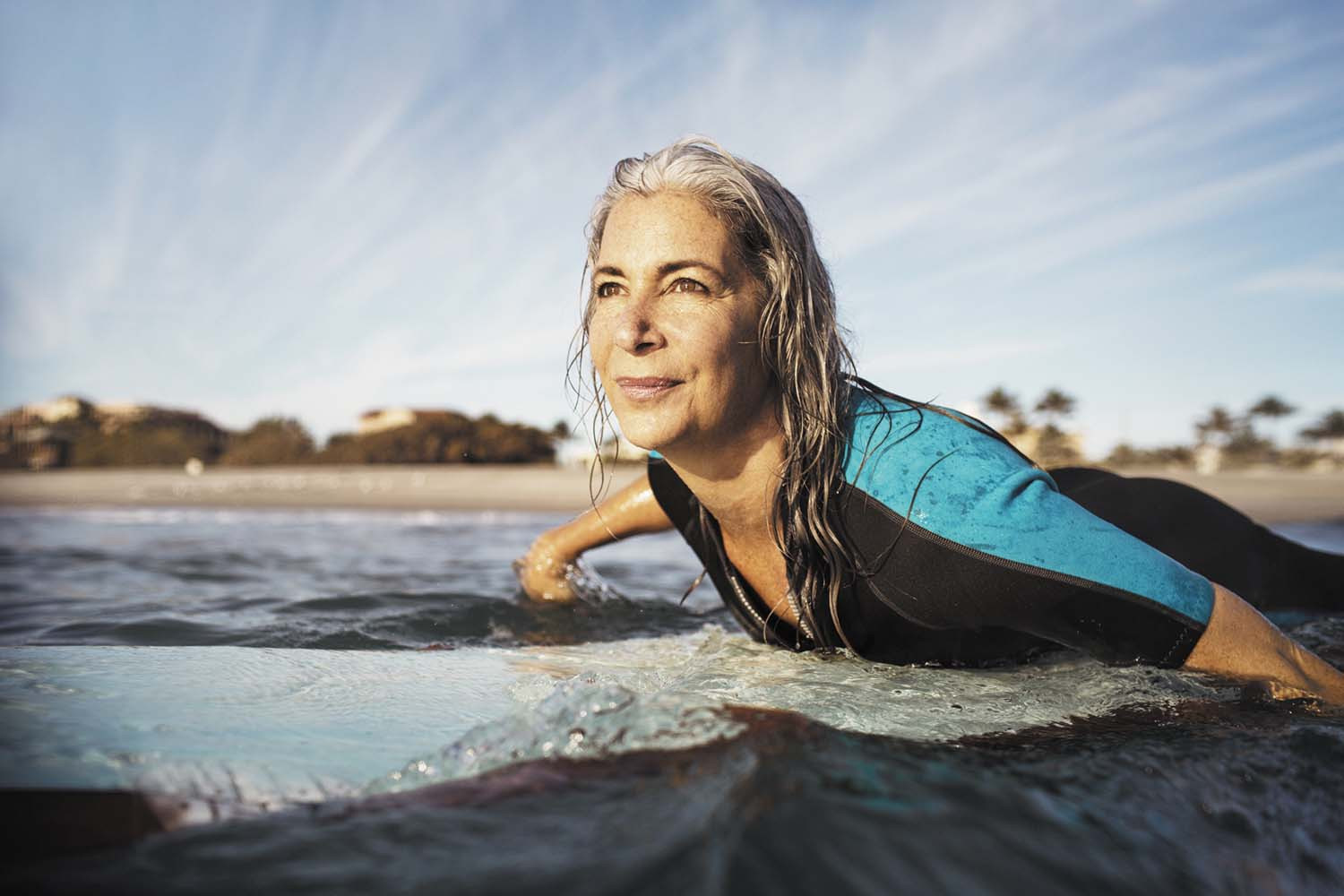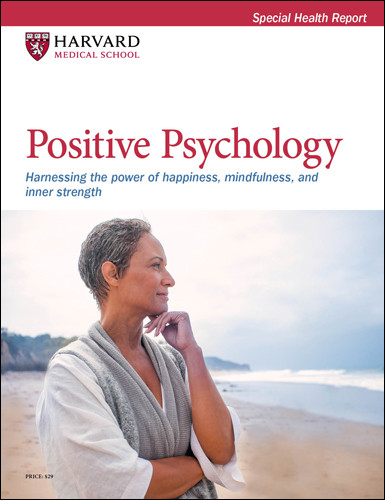Healthy vacation habits to continue all year
Use what you gained during your getaway to fuel everyday wellness.
- Reviewed by Toni Golen, MD, Editor in Chief, Harvard Women's Health Watch; Editorial Advisory Board Member, Harvard Health Publishing; Contributor

Picnics, beach outings, dozing in the shade: there's a reason many of us feel our best during summer getaways. But we tend to snap back into our everyday, task-oriented mindset soon after — at the expense of our bodies and minds.
What if we could keep the best parts of our vacation routines and use them to fuel better health all year long? There are solid reasons to embrace a shift. More than four in 10 cancers are linked to lifestyle choices we can change, such as poor diet and physical inactivity. These risk factors are also among the top contributors to heart disease.
They're also habits we tend to improve when we're away from the grind, says Dr. Kathryn Corelli, a primary care doctor and women's health specialist at Harvard-affiliated Brigham and Women's Hospital.
"Vacation is when people take a step back and really give themselves permission and time to focus on what's important to them," Dr. Corelli says. "But when they come back, suddenly those habits sort of snap back too. You lose a lot of those gains, the reasons you felt good."
Habits to foster
Healthy activities we embrace on vacation and neglect the rest of the year tend to fall into two camps — doing more of some things and less of others.
More time outdoors. Mounting evidence suggests that spending time in nature can improve a wide range of health factors, including blood pressure, by lowering stress and promoting exercise, according to a March 2023 paper in the American Journal of Lifestyle Medicine. "Many of my patients spend a lot of time indoors during the year and they feel cooped up, anxious, and stressed," Dr. Corelli says. "When they get outside, they always benefit."
More movement. Speaking of exercise, walking, swimming, biking, and hiking can seem far less of a chore when you're doing it for fun. "Continuing some of those habits — whether going on walks or parking farther away from your destination — can be really powerful in the long term," she says.
Less time online. We gain perspective when we pull back from virtual pursuits, a shift that pays big dividends for mental health. "We spend a lot of time on screens. But that time takes away from something else, such as sleep or connecting with our kids," she says. "Also, there are a lot of data supporting the idea that comparing ourselves to people online can be bad for anxiety."
More varied diet. Vacation food is sometimes overly rich and caloric — think of cruise ship buffets — but can also deviate gloriously from the humdrum by incorporating a wider array of mouth-watering fruits and vegetables and fewer processed foods. "There's no perfect way to eat," Dr. Corelli says, "but try to eat relatively healthy, unprocessed foods 80% of the time."
More dining with others. It's easier to munch more mindfully — which also helps you avoid overeating — when you're enjoying leisurely meals with family and friends instead of dashing off to the next commitment. "We connect as humans over food; that's been in our cultural DNA for a long time," she says. "People feel closer to family and friends after vacation, and we know socializing can help prevent cognitive decline."
More sleep. A significant part of revitalizing simply comes from getting better shuteye, without alarms or insomnia-inducing deadlines. But while those stressors may return, we can be more diligent about practicing good sleep hygiene when vacation ends by avoiding screens for an hour before bed and keeping consistent bed and wake times. "Those things are really important for continuing the relaxation you've fostered on vacation," Dr. Corelli says.
Novel brain engagement. There's a reason booksellers hawk "beach reads" in the summer months: people typically spend more time reading on vacation. Or maybe you while away the afternoons playing board games or completing sudoku or crossword puzzles. "Think of it like stretching your brain — it's not on autopilot," she says. "Doing this can help protect us from dementia in the long run."
Adjustment advice
Before you plunge back into your everyday routine, Dr. Corelli advocates doing a bit of reflection. This could include devising a list of pros and cons for the things you did on vacation that you'd like to continue.
"This can be motivating," she says. "Finding your own reasons for continuing or not continuing a behavior and thinking them through can get lost during our fast-paced everyday life," she says.
Image: © Cavan Images/Getty Images
About the Author

Maureen Salamon, Executive Editor, Harvard Women's Health Watch
About the Reviewer

Toni Golen, MD, Editor in Chief, Harvard Women's Health Watch; Editorial Advisory Board Member, Harvard Health Publishing; Contributor
Disclaimer:
As a service to our readers, Harvard Health Publishing provides access to our library of archived content. Please note the date of last review or update on all articles.
No content on this site, regardless of date, should ever be used as a substitute for direct medical advice from your doctor or other qualified clinician.
















